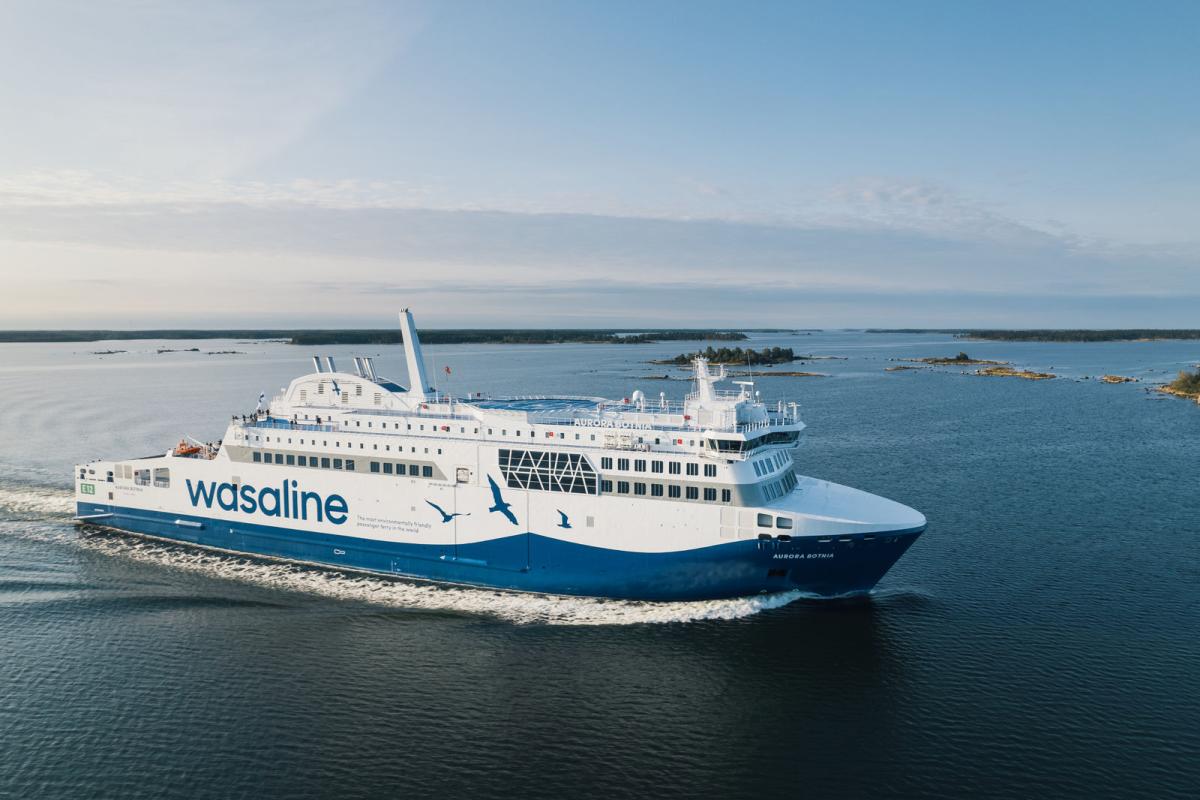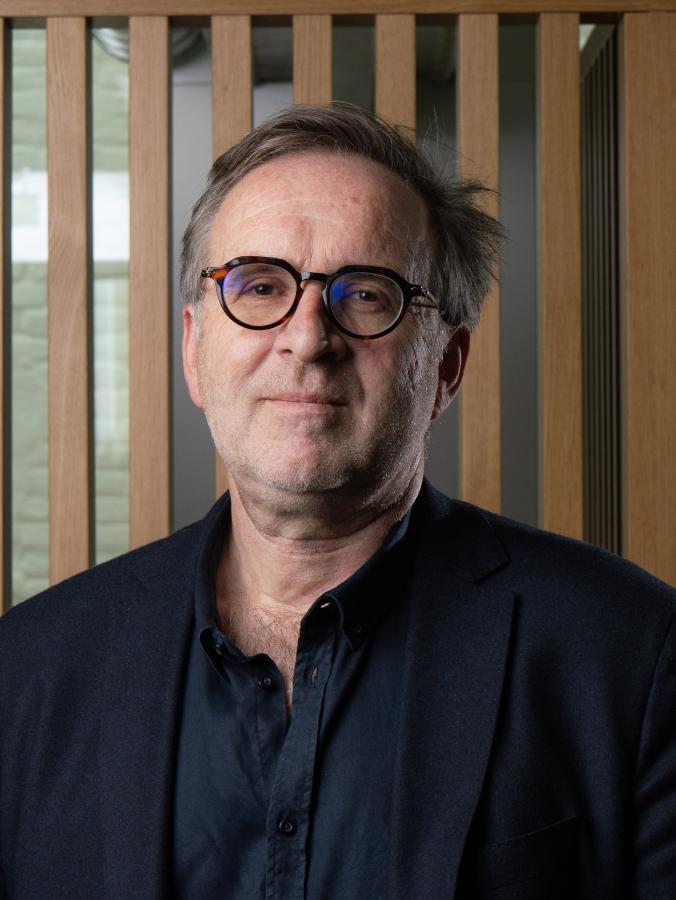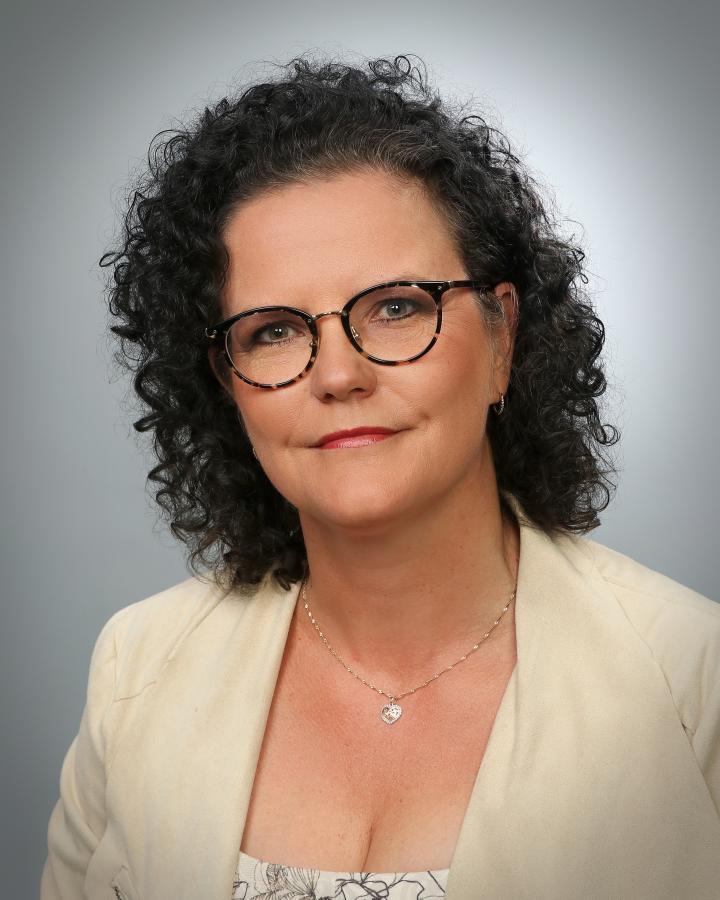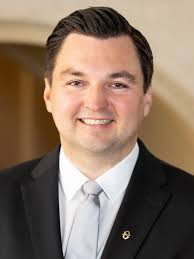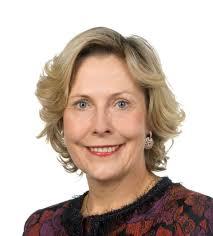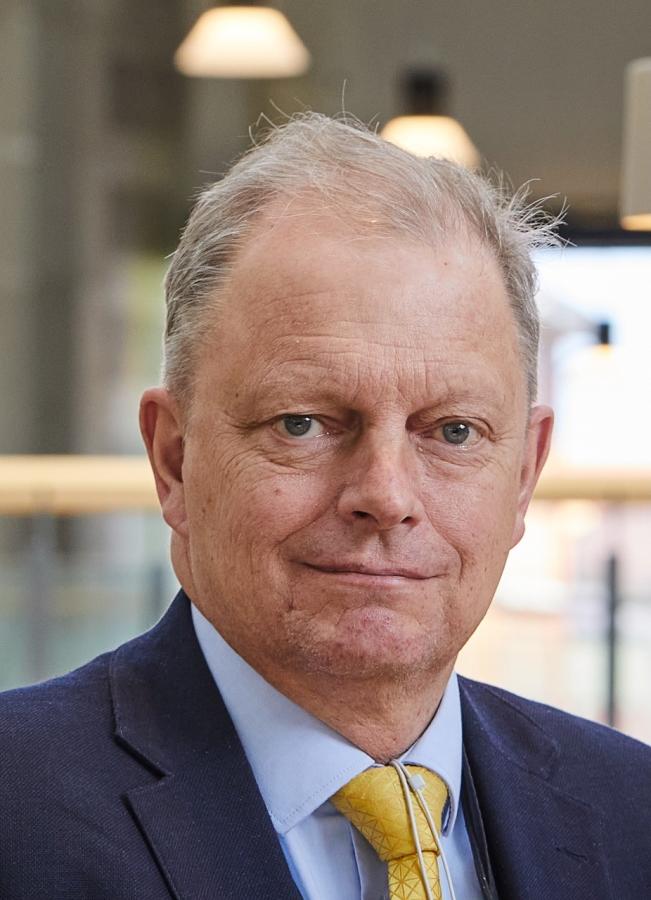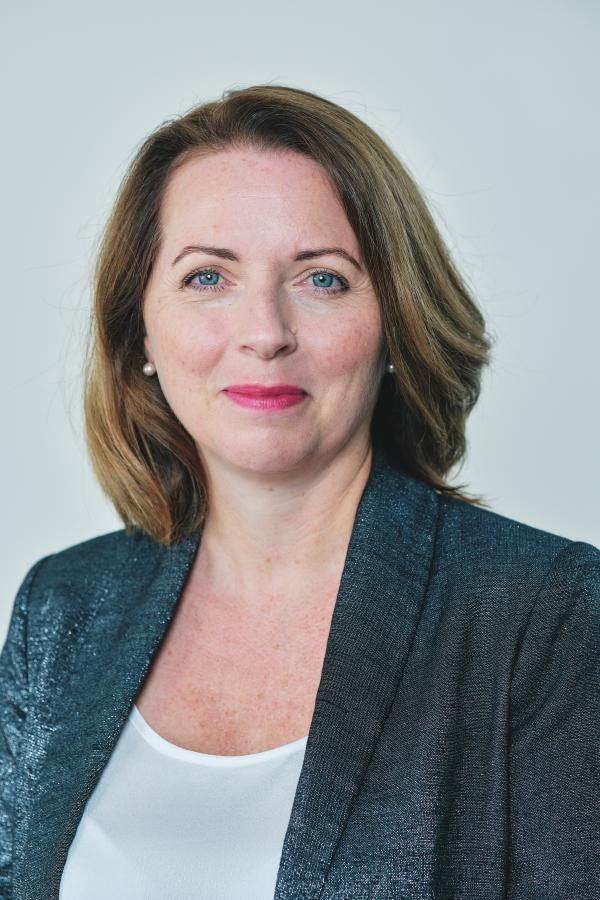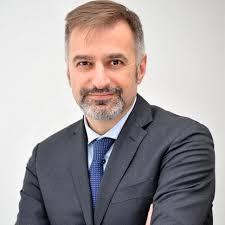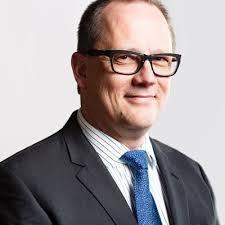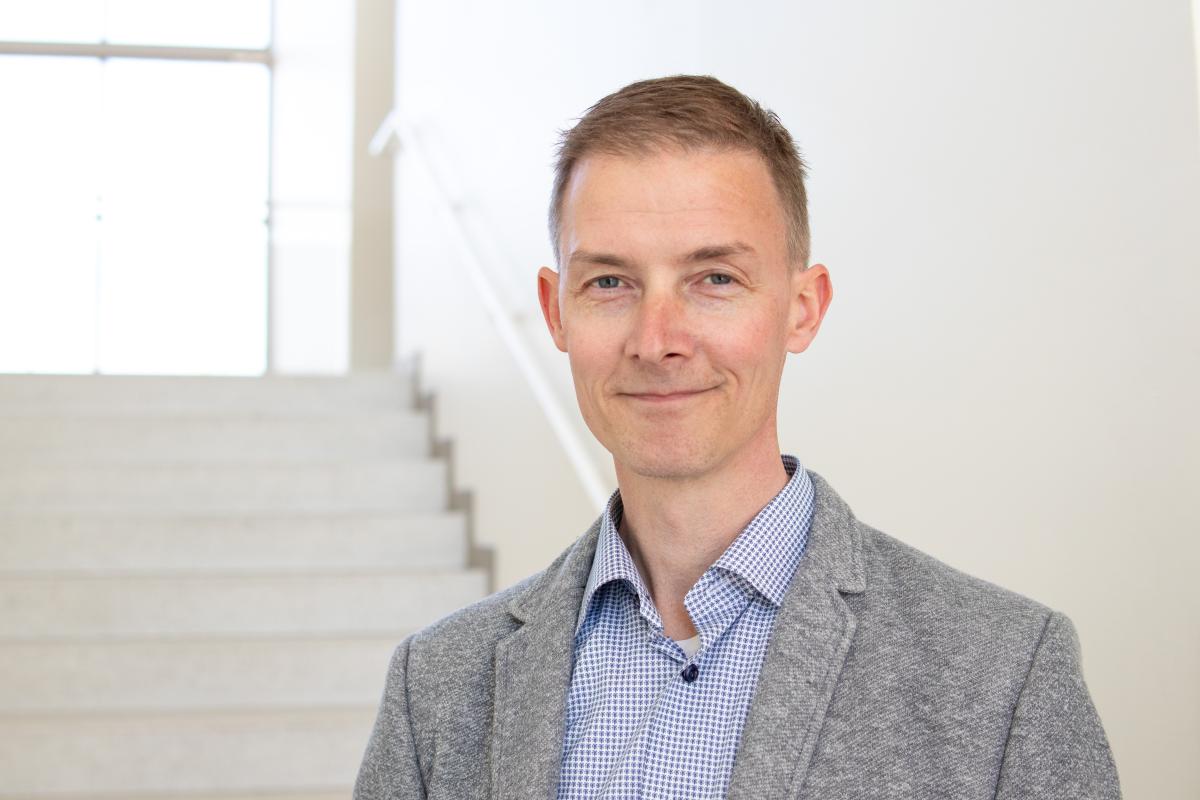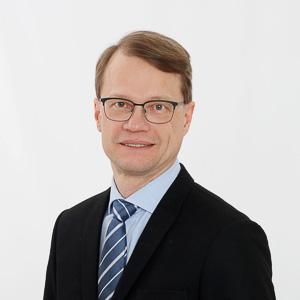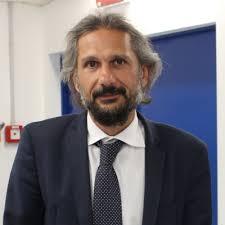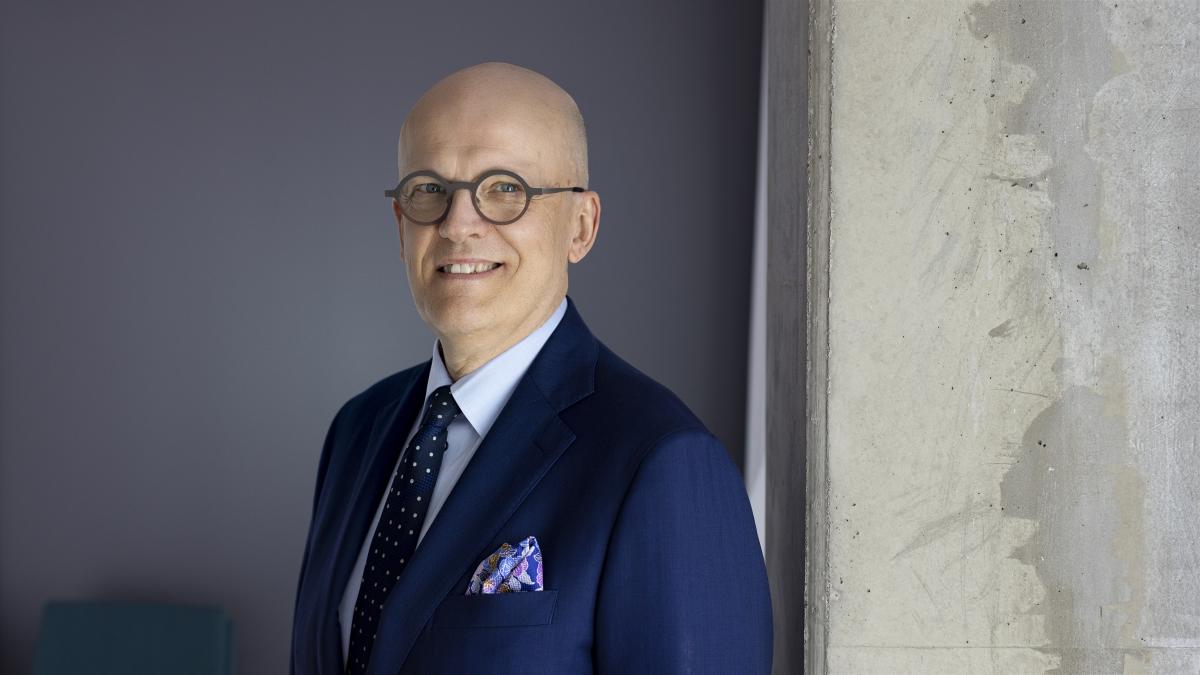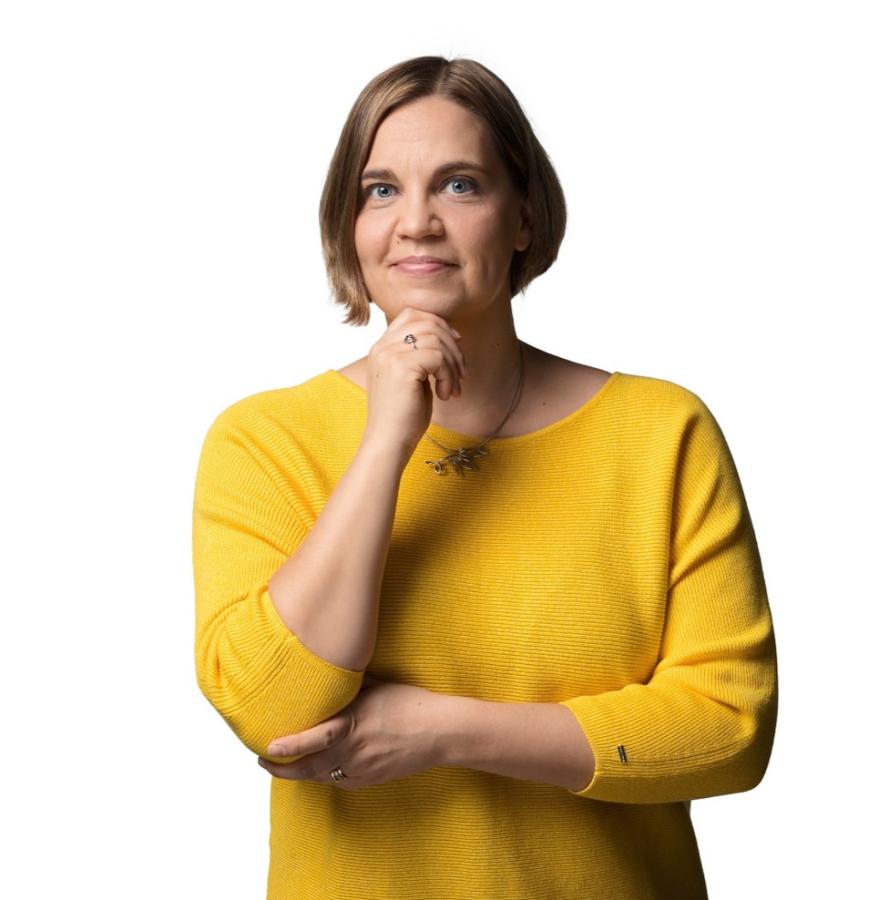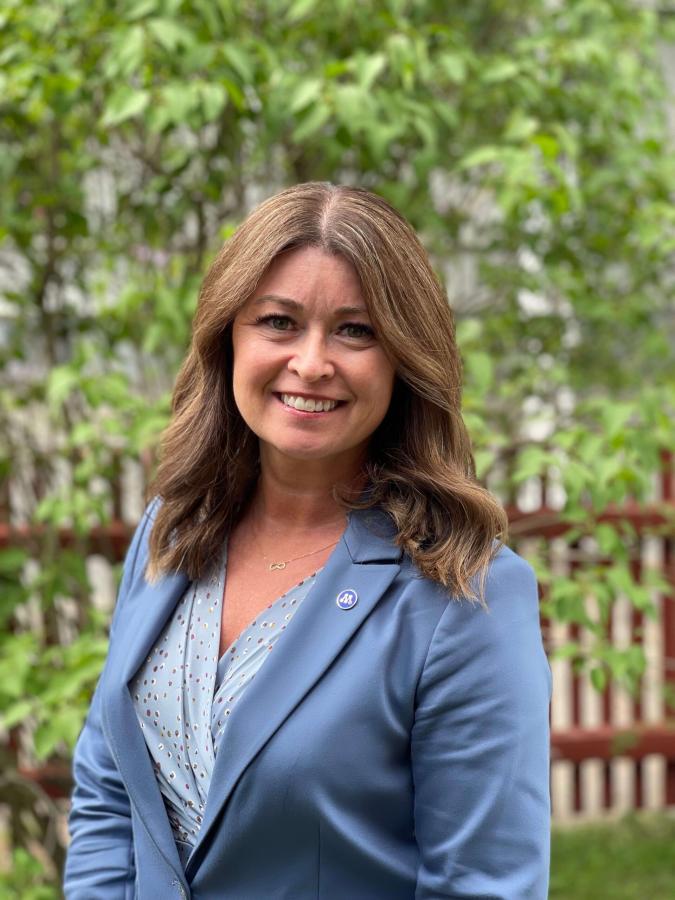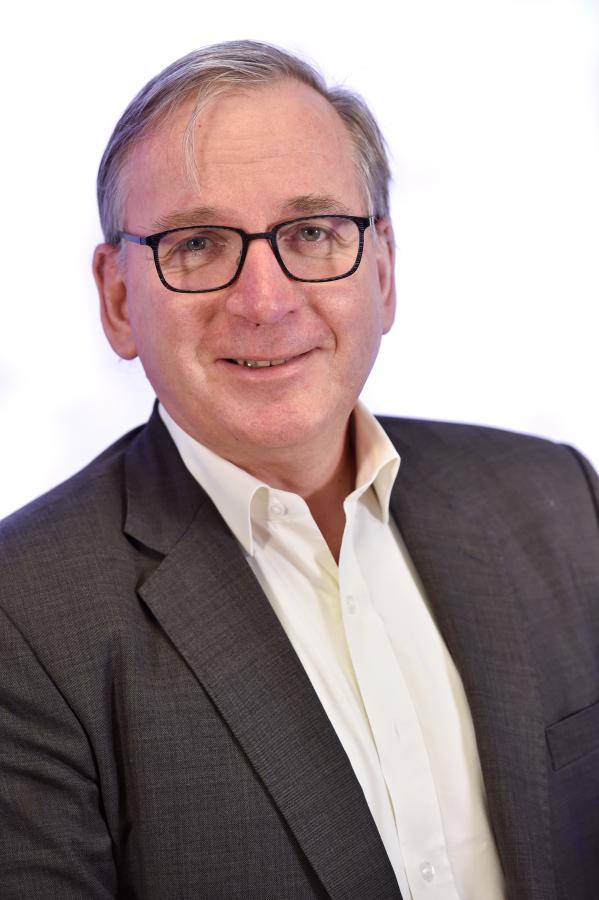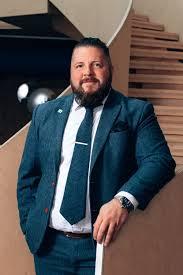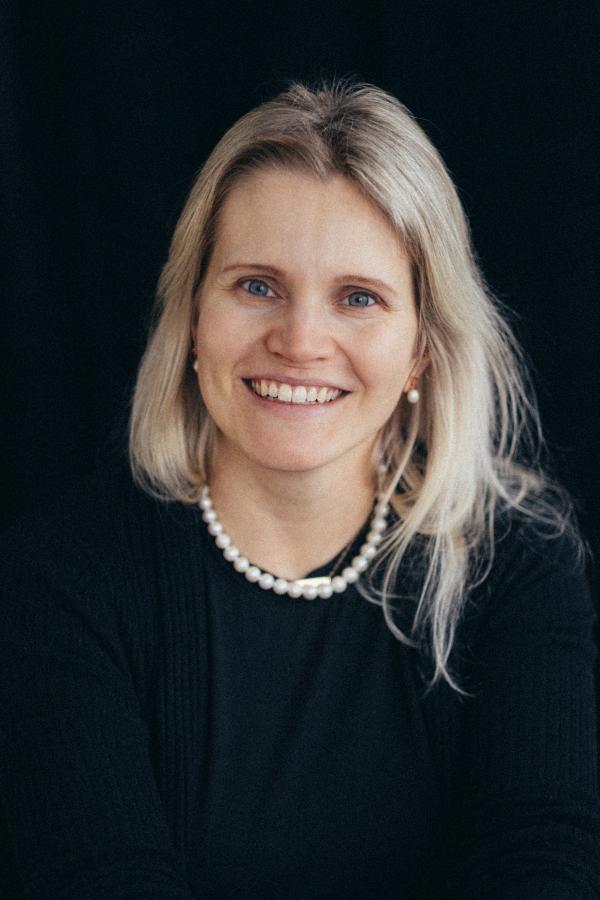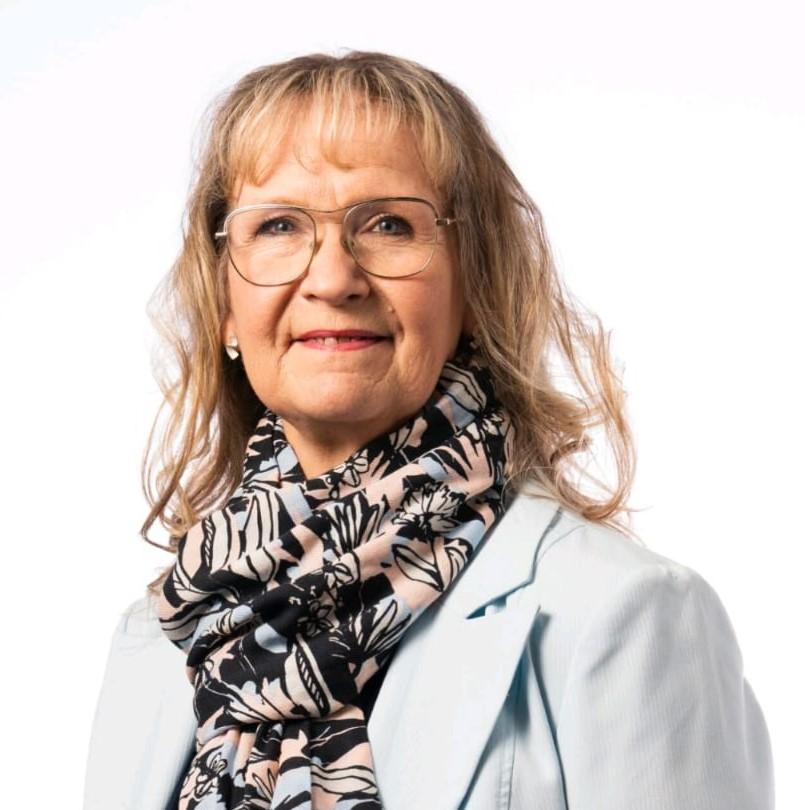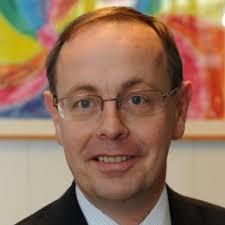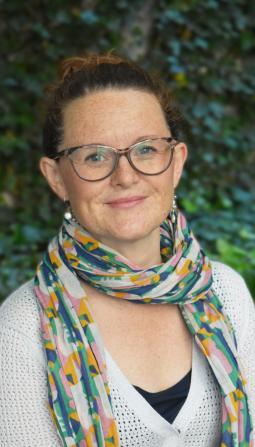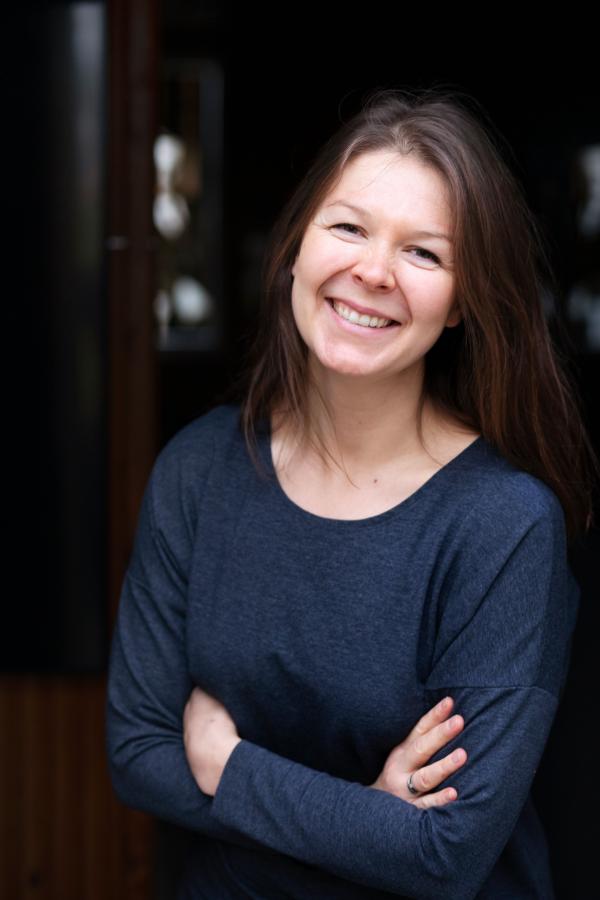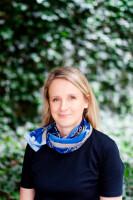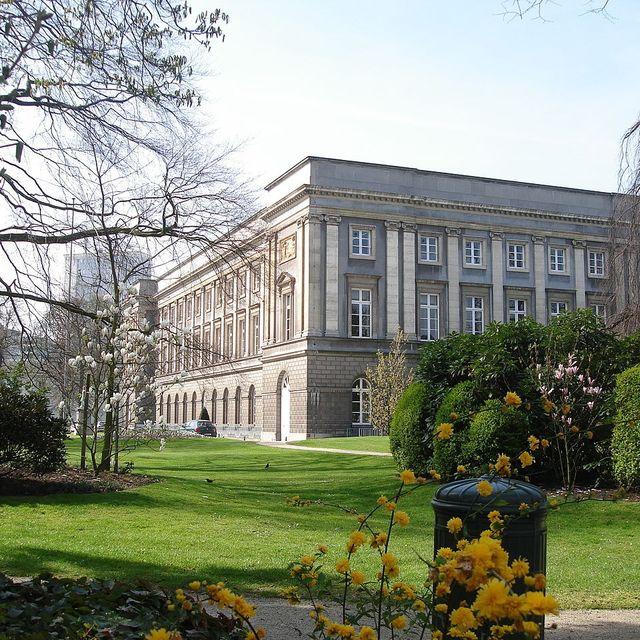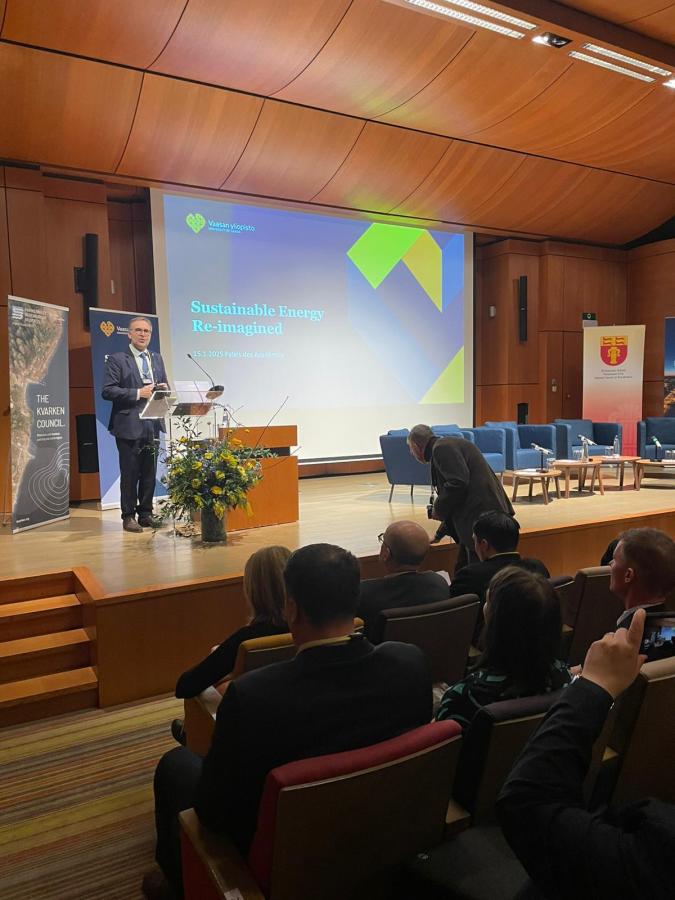Sustainable Energy Reimagined
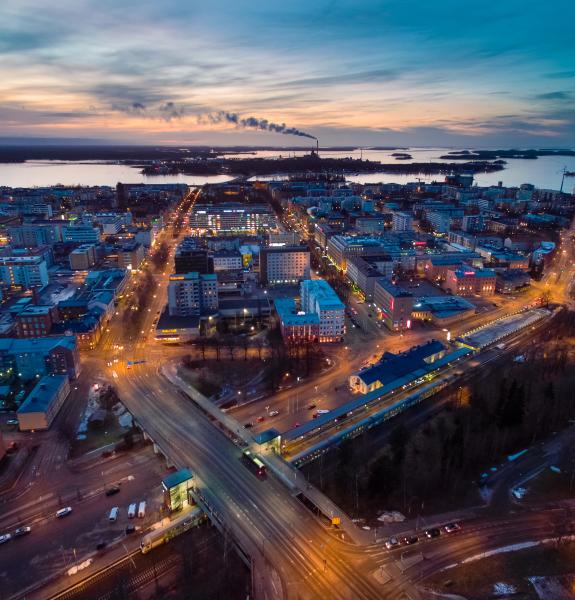
The conference Sustainable Energy Reimagined, hosted by University of Vaasa in collaboration with City of Vaasa, Ostrobothnia Region and Kvarken Council, took place on Wednesday, January 15, 2025 at 14:00, at the Royal Academy of Sciences of Belgium in Brussels.
The context of the event was to reimagine sustainable energy transition through regional and European collaboration, and aimed to share views, exchange ideas, and formulate recommendations for a sustainable and competitive European energy transition industry. The conference featured a mix of public and private, Finnish, Nordic and European speakers and panellists, including industry leaders, universities, policymakers, and EU officials.
Time: Wednesday, January 15, 2025 at 14:00-18:15
Venue: "Palais des Académies" Royal Academy of Sciences of Belgium in Brussels, Rue Ducale 1, Brussels
Read the feature article on the conference
Rector Minna Martikainen's interview
Programme:
Registration from 13:30
| 14:00 | Context and challenges | |
| Minna Martikainen, Rector, University of Vaasa Joakim Strand, Minister for European Affairs and Ownership Steering, Finnish Government Signe Ratso, Deputy Director-General DG R&I, European Commission | ||
| 14:30 | Keynote address | |
| Tomas Kåberger, Director, Energy Area of Advance, Chalmers University of Technology | ||
| 14:50 | Panel discussion: Green and resilient energy transition | |
| Tomas Häyry, Mayor, City of Vaasa Massimo Busuoli, Director of NTNU Brussels office and Chair of the UniLion Network Hannu Mäntymaa, Managing director, Wärtsilä Finland Muriel Attané, Secretary General, European Association of Research and Technology Organisations (EARTO) Marko Kohtamäki, Professor of strategy, University of Vaasa | ||
| 15:35 | Coffee break | |
| 16:00 | Panel discussion: Energy transition requires smart digital transformation | |
| Mika Grundström, Vice-rector for research, University of Vaasa Antti Vasara, CEO, VTT Technical Research Centre of Finland Heidi Kuusniemi, Professor, University of Vaasa Marcello Colledani, Professor and Director of the Re-manufacturing Lab, Polytechnic University of Milan | ||
| 16:50 | Panel Discussion: EU collaboration by all means - trans-national, cross-border and inter-regional | |
| Mathias Lindström, CEO, Kvarken Council Wolfgang Munch, Deputy Head of Unit, Smart & Sustainable Growth, DG Regio Åsa Ågren Wikström, Councillor, Västerbotten region, and member of the European Committee of Regions Tiiu Treier, Head of International Cooperation and Funding Office, Enterprise Estonia Maria Backman, Development and Business Manager, Regional Council of Ostrobothnia | ||
| 17:45 | European Green Leaf Award to the City of Vaasa - Signature ceremony | |
| Tomas Häyry, Mayor, City of Vaasa Patrick Child, Deputy Director General, DG Environment, EC Suvi Aho, Strategy and district service manager of the City of Vaasa and Green Leaf project manager Sarah English, Head of Brussels Office of Scotland Europa and Co-Chair of ERRIN | ||
| 18:00 | Concluding remarks | |
| Emilia Pernaa, Director, West Finland European Office Minna Martikainen, Rector, University of Vaasa and Tomas Häyry, Mayor, City of Vaasa | ||
| 18:15 | Networking cocktail | |
We reserve the right to make changes to the programme.

- Event summary
-
The Energy Transition Valley: The largest energy transition ecosystem in the Nordics, is highlighted as a model for energy transition, focusing on sustainable energy and supported by strong research and innovation infrastructure. The University of Vaasa plays a crucial role, specializing in sustainable business, energy, and society, and collaborating with regional public and private actors, including the City of Vaasa, the Ostrobothnia Region and the Kvarken Council.
The Policy Context: The conference will address the evolving industrial policy in Europe, emphasizing the need for a competitive, strategic, and sustainable industry. Key themes include decarbonization, energy security, productivity enhancement and reducing geopolitical dependencies. The policy also highlights the importance of strategic autonomy in energy, raw materials, and digital technologies.
Sustainability, Resilience and the Green Deal: The transition to climate neutrality is urgent and widely presumed. The focus is on balancing environmental, digital, socio-economic, and industrial competitiveness. The concept of transformational policies is central, aiming for a sustainable, resilient and prosperous future through coordinated strategies, policies, instruments, and actions.
Quadruple Transition: The conference will explore the twin digital and green transitions, the additional social dimension, and the entrepreneurial aspect. Entrepreneurship is seen as a driving force for economic growth and innovation, with a focus on supporting SMEs and fostering dynamic ecosystems.
Collaborative Innovation and Ecosystems Thinking: Ecosystems thinking is highlighted for designing business and innovation support systems. Inspired by smart specialization strategies and open innovation, with aims to enhance organizational capacity and economic resilience through collaborative and open approaches, the Vaasa regional collaboration between stakeholders, inclusion of end-users and alignment with regional, national and EU policies will foster innovative approaches to impactful solutions in the energy transition sector.
Research, Innovation and EU Framework Programme 10: Setting priorities for FP10 is a major focus, with calls for increased budgets, long-term public-private partnerships, private investment, and better industry-academia collaboration. Emphasis is on innovation, collaboration, and aligning funding instruments to support entrepreneurial mindsets and start-ups. There is a need for more public and private investment to scale up the energy transition ecosystem and research infrastructure. Aligning national and EU R&I funding and industrial policies on energy transition is crucial, along with partnerships with leading European research organisations and funding agencies.
Conference Theme: The conference will focus on re-imagining sustainable energy transition through regional and European collaboration and showcasing the Energy Transition Valley of Vaasa and Ostrobothnia. Key sub-topics include scaling up green and energy transition, catalyzing energy-relevant digital transformation, and growing through cross-border, interregional and interdisciplinary collaboration.
Conference Highlights: The conference will feature a mix of public and private, Finnish, Nordic and European speakers and panelists, including industry leaders, entrepreneurs, universities, and EU officials. It aims to share views, exchange ideas, and formulate recommendations for a sustainable and competitive European industry.
- Event content
-
The programme of the conference
Context and challenges
The question of Energy is everywhere, and appears at the top of priorities for everyone, policy-makers level, scientists & innovators, industry leaders, and Citizens of course. Finland is the fil rouge of this conference, and the national governmental energy transition and technology sovereignty strategies will be presented, and mirrored by the EU current & future priorities as far as R&I policy is concerned. The role of Universities will be emphasized, particularly those who have – such as the University of Vaasa – chosen to prioritize Sustainability & Energy, for the Society and the IndustryKeynote address
Renewables, energy efficiency, energy storage, energy systems, energy transport, decarbonization, circularity, energy markets, the grid, without counting the diverse value chains concerned by Energy Transition. Let’s try to have a summary view of the challenges, trends, barriers & opportunities, within a sustainable & competitive industrial perspective.Panel discussions:
Green and resilient energy transition
The panel discussion will be initiated by the discovery of the unique features of the EnergyVaasa ecosystem, and how quadruple helix actors such as local & regional authorities, academia and industry leaders are working hand in hand to generate collective added value and competitiveness. The cases of the Wärtsilä corporation and its new Sustainable Technology Hub, and of the GigaVaasa Green Batteries project, are just two flagship initiatives, which contribute to a sustainable Energy Transition & competitive industry, while aligning with the EU industrial, R&I, climate & environmental policies. The recent Green Leaf label, awarded to the City of Vaasa perfectly illustrates this multi-purpose approach. These transformations cannot be achieved without serious research & technology infrastructures, public/private investments at scale, and entrepreneurial-driven valorisation of knowledge, which embark large, medium and small technology-driven enterprises.Energy transition requires digital transformation
So many digital technology developments, research and innovations are taking place across energy transition value-chains, both on manufacturing aspects, logistical and services aspects. Circular materials, Re-manufacturing, AI, robotics, zero emission technologies, decarbonised fuels systems, big data, satellite-based technologies, cybersecurity, just to name a few. The panel will offer testimonials on a few remarkable demonstrations of digital-in-energy advancements, such as the Kvarken Space center, the Deremco partnership, the Data-Driven Initiative and the power of digital servitization. Digital transformation is a key priority for the EU, fully aligned with Member States and Regional actors.EU collaboration by all means: trans-national, cross-border, inter-regional
The panel will emphasize the importance and European added-value of collaboration at all levels (between MS, between Regions and Cities, and across borders), with all key stakeholders (Public authorities, Academia, Industry, Intermediaries & Civil Society Organizations). Collaboration as a key-method of cohesion & regional development policies, with a smart & sustainable perspective. The power of Networks (of Regions & Cities, of Universities, of Research Infrastructures & RTOs, of Industry clusters) will be particularly visited during the panel. The unique experience of the Sweden/Finland Kvarken Council, as a strategic & connecting Nordic platform will be show-cased - Speakers
-
Moderator Philippe Vanrie
Engineer by education, Philippe currently works as Senior EU Advisor & Brussels representative for the University of Vaasa (FI), and as Investment Manager for the Noshaq Investment Fund (BE). He regularly collaborates with Mecatech, the Walloon Advanced Manufacturing Cluster, and with Deloitte Belgium on various EU inititives. He recently chaired the Horizon Europe Mutual Learning Exercise on Knowledge Valorisation (EC).
During 25+ years, Philippe was CEO of two European Innovation Networks: EBN (the European Network of Business & Innovation/Incubation Centers), and EUREKA (the inter-governmental Innovation Network developing publicly-funded mechanisms for highly-innovative SMEs).
Opening words Minna Martikainen
Rector, University of VaasaMinna Martikainen is the rector of university of Vaasa since 2024. She has previously worked as the vice-rector responsible for research at the University of Vaasa. Before this, she worked as a professor of financial accounting and dean for education at Hanken School of Economics (Finland). Martikainen has also worked as a professor at Aalto University School of Business, vice-rector for international affairs and professor of business finance and accounting at Lappeenranta University of Technology (LUT), researcher at the University of Vaasa, and visiting researcher at Louisiana State University, USA. In addition, Martikainen has extensive experience in the business sector through board memberships and expert assignments.
Joakim Strand
Minister for European Affairs and Ownership Steering, Finnish GovernmentMinister for European Affairs and Ownership Steering Joakim Strand is responsible for matters related to the European Union within the Prime Minister's Office that are not covered by the Prime Minister. For example, he represents Finland in the EU General Affairs Council. Minister Strand is also responsible for state ownership steering policy.
Strand is serving his third term as a Member of Parliament. He was elected to Parliament from the Vaasa constituency in 2015. He has served as the Chair of the Committee for the Future and the Intelligence Oversight Committee and as a member in the Commerce Committee and the Defence Committee, among others. Strand has also worked as the Chair of the City Council of his hometown, Vaasa, the Chair of Regional Assembly of Ostrobothnia, the Chair of the Kvarken Council and the Chair of the Board of two energy companies.
Signe Ratso
Deputy Director-GeneralSigne Ratso is Deputy Director-General and a member of the Management Board of the Directorate General for Research and Innovation of the European Commission. She is the Chief negotiator for Horizon Europe Association. She is also responsible for Open Innovation and for citizens’ engagement in research and innovation policy and for overall coordination on international cooperation.
Keynote address Tomas Kåberger
Director, Energy Area of Advance, Professor of Industrial Energy Policy, Chalmers University of Technology
Dr Tomas Kåberger is professor of Industrial Energy Policy at Chalmers University of Technology in Göteborg, where he is Director of the Energy Area of Advance. In addition he serves as Executive Board Chairman of Renewable Energy Institute in Tokyo, and as a member of the board of some energy related companies.He has previously held leading positions in companies working with bio-, wind- and solar energy. In the 1990s he was a member of the government energy commission launching the re-regulated electricity market in Sweden. From 2008-2011 he was Director General of the Swedish Energy Agency, and later he served eight years on the board of the power company Vattenfall mainly operating hydro and nuclear plants. In 2011 he served as vice chairman of the Council of the International Renewable Energy Agency in Abu Dhabi.
Kåberger has an MSc in Engineering Physics and a PhD in Physical Resource Theory. He is a member of the Royal Swedish Academy of Engineering Sciences and The Swedish Association of Energy Economists.
Panel 1 Green and resilient energy transition Muriel Attané
Secretary General
EARTO - European Association of Research & Technology Organisations AISBLMuriel Attané is a EU Public Affairs professional with a strong track record in strategic programming of EU policies helping research organisations to develop successful European strategy, as well as support them in setting-up and running powerful and efficient EU representation and network. Her 22-years career includes EU Public Affairs’ management roles in a large research organization such as TNO in the Netherlands where she led and expanded EU RD&I fundraising (subsidies & B2B) across various and EU funding programmes. She thrives in leading large European and International Networks of Research Organisations such as EARTO today (350+ corporate members over 30+ countries) in ever-changing political and economic environments with the help of very effective, multi-cultural & multi-background
teams.Massimo Busuoli
Chair of UnILiON
Head of EU Office, Norwegian University of Science and Technology (NTNU)Massimo Busuoli is the director of NTNU Brussels Office. Physicist, he started his career as a researcher in ENEA, the second research body of Italy. Since 2006 he has operated in Brussels, first as director of ENEA Brussels office and afterwards as Head of European Affairs unit before joining NTNU in 2016. Experienced European projects coordinator, throughout his career he has also contributed to the establishment of important European initiatives such as the European Energy Research Alliance, EERA, (where he was Secretary General between 2003 and 2006), and UnILiON (where he was Chair between 2017 and 2019, and is currently Deputy-Chair).
Hannu Mäntymaa
Managing Director, Wärtsilä Finland Oy
Vice President, Voyage Services, Wärtsilä MarineHannu Mäntymaa holds a Master of Science in Engineering and has dedicated 23 years to Wärtsilä, serving in various expert and leadership roles across the globe. As the Managing Director of Wärtsilä Finland Oy and Vice President of Voyage Services for Wärtsilä Marine, Mäntymaa is deeply inspired by Wärtsilä’s strategic vision to drive the decarbonization of the marine and energy sectors. He is a strong advocate for ecosystem collaboration, believing that collective efforts are essential to achieving sustainable and innovative solutions for the future.
Tomas Häyry
Mayor, City of VaasaTomas Häyry has been the Mayor of the City of Vaasa since 1 March 2011. He has worked at City of Vaasa since 2006, first as Legal Expert in City Planning and Development, then as Legal Expert in Technical Services and after that as Director of Development and then as the Director of City Technical Services. Mr. Häyry also sits on and chairs many Boards of Directors in Regional Development Companies. He holds a Master's Degree in Law from the University of Helsinki, Finland.
Häyry had a significant role in initiating the GigaVaasa-project, which offers a unique and attractive industrial zone dedicated to battery value chain manufacturing, and he is still a driving force of the GigaVaasa-team.
Marko Kohtamäki,
Professor and Director of the Strategic Business Development research Group, University of VaasaMarko Kohtamäki is a Professor of Strategy, and a director of the "Strategic Business Development" (SBD) research group at the University of Vaasa, serves as a Visiting Professor at Luleå University of Technology, and as a Docent at University of Oulu, and has served as an associate fellow at the University of Oxford, Said Business School. Prof. Kohtamäki takes special interest in digital servitization, organizational change, strategic practices, business intelligence and strategic alliances. Prof. Kohtamäki has published in distinguished international journals such as Strategic Management Journal, International Journal of Operations and Production Management, Strategic Entrepreneurship Journal, International Journal of Management Reviews, International Journal of Production Economics, Long Range Planning, Technovation, Industrial Marketing Management, Journal of Business Research, amongst others. His papers have received number of best paper awards, and he has been recognized by the Stanford list amongst the 2% of world’s highest cited researchers in his field.
Panel 2 Energy transition requires smart digital transformation Mika Grundström
Vice-rector, University of VaasaThe vice-rector of research at the University of Vaasa is Ph.D. Mika Grundström.Grundström has a doctorate in engineering, and his main area of focus is telecommunications technology and signal processing.
The vice-rector of research is responsible for the strategic development of research, innovation and commercialisation activities, and doctoral education. He promotes the principles of responsible and open science, international research activities and the international and national development of research funding. He actively follows the research policy and related legislation and is responsible for their implementation at the university. The vice-rector also actively represents the university in national and international research networks. The vice-rector acts as the rector's deputy and is a member of the university's management team.
Marcello Colledani
Professor and Director of the remanufacturing Lab, Polytechnic University of MilanAssociate Professor at the Mechanical Engineering Department of Politecnico di Milano. He has carried out research activities at the Laboratory for Manufacturing and Productivity (LMP) of the Massachusetts Institute of Technology (MIT). His research areas include stochastic modelling and analysis of manufacturing systems for their control and reconfiguration, modelling and analysis of advanced mechanical de-and remanufacturing technologies and systems for circular economy. He is the coordinator of the EU H2020 large scale demonstration project FiberEUse, targeting composite recovery and re-use. He is the coordinator of the Regional working group on “De-and remanufacturing for Circular Economy”, within AFIL, the Lombardy Region cluster on intelligent factories. Within the group, a publication was recently issued on best industrial practices in Lombardy on Circular Economy. Moreover, he leads the development of the H2020 Screen project “Methodology for Inter-regional Cooperation for Circular Economy”.
Antti Vasara
President & CEO, VTT Technical Research Centre of FinlandDr. Antti Vasara is the President & CEO of VTT Technical Research Centre of Finland Ltd since 2015. VTT is a visionary research, development and innovation partner and one of Europe's leading research and technology organisations (RTOs) with almost 2 400 people and turnover exceeding 280 MEUR. Antti Vasara is member of the Executive Board of EARTO (European Association of Research and Technology Organisations) and a member of the Board and the Audit Committee of Elisa (largest communications operator in Finland). He is also a member of the Finnish Research and Innovation Council, a member of the Board of Jane and Aatos Erkko Foundation and a member of the Supervisory Board of Ilmarinen Mutual Pension Insurance Company.
Heidi Kuusniemi
Professor, University of VaasaDr. Heidi Kuusniemi is a professor in computer science focusing on positioning technologies and systems as well as the coordinating professor for the university’s Digital Economy research platform. She also leads the Kvarken Space Center at the University of Vaasa, which focuses on promoting satellite data innovations. She is also a part-time research professor in satellite navigation at the Finnish Geospatial Research Institute of the National Land Survey and the President of the Nordic Institute of Navigation. She has a M.Sc. (Tech.) degree (with distinction) from 2002 and a D.Sc. (Tech.) degree from 2005 in information technology, respectively, from Tampere University of Technology, Finland. She served as a member of the council for natural sciences and engineering at the Academy of Finland in 2019-2021 and is a member of the Finnish Academy of Technical Sciences since 2023. She was a member of the scientific advisory committee for GNSS (GSAC) at the European Space Agency (ESA) in 2013-2020 and is a deputy member of the working group WG NEXT on next generation GNSS at DG DEFIS (Directorate-General for Defence, Industry and Space) at the European Commission.
Panel 3 EU collaboration by all means - trans-national, cross-border and inter-regional Åsa Ågren Wikström
Regional Councillor, Region of Västerbotten, European Committee of the Regions (CoR)Ågren Wikström is a member of the Committee of the Regions. In the CoR, she has been rapporteur on the Revision of LULUCF and Effort Sharing regulations and on the Revision of the Urban Waste Water Treatment Directive. She is a member of the the County Council of the Region Västerbotten and of the Committee of EU-affairs in the Swedish Association of Local Authorities and Regions (SALAR).
Wolfgang Münch
Deputy Head of Unit, Smart & Sustainable Growth, DG RegioWolfgang Münch is a Senior Expert in the Directorate General Regional and Urban Policy in the European Commission. His work covers investments of Cohesion funds in R&I, Industrial Transition, digitalization, climate and the environment as well as those in transport systems and urban mobility. Wolfgang’s previous assignments were supervising Cohesion fund investments in Italy, Malta and Poland. He started his work in the Commission in the field of agricultural policy and enlargement and holds a PhD in agricultural economics.
Mathias Lindström
Director, Kvarken CouncilMathias Lindström is the Director of the Kvarken Council EGTC, which is a neutral cooperation platform in the Kvarken region between Finland and Sweden. Mathias is a lawyer by training, and has an extensive background in cross-border cooperation, having worked as the Director of the Kvarken Council since 2011.
Mathias was one of the driving actors behind the world’s greenest passenger ferry, which since 2021 traffics between Umeå and Vaasa and is jointly owned by the two cities. Now, Mathias and the Kvarken Council actively work to promote Nordic Connector, the initiative to build a fixed link over the Kvarken strait.
Tiiu Treier
Head of International Cooperation and Funding Office, Enterprise EstoniaTiiu Treier has been focusing on international R&D cooperation for the last 7 years. She has wide experience working with Eureka Network to support cross-border collaboration and is now making an effort with her team to have more Estonian companies participating in EU calls. She is a true fan of international cooperation and of the positive results that arise from that.
Maria Backman
Development and Business Manager, Regional Council of Ostrobothnia
Maria Backman started as development and business manager for the regional council of Ostrobothnia in Spring 2024. Her focus is on development, innovation and funding as well as on regional development, cohesion and structural funds. Backman has a long experience from development, smart cities, strategy and international relations from her 25 year long career within the City of Vaasa.European Green Leaf Award to the City of Vaasa Patrick Child
Deputy Director General, DG Environment, ECPatrick Child is currently Deputy Director-General in DG Environment at the European Commission with particular responsibility for the EU’s zero pollution strategy, chemicals legislation, urban agenda, research and innovation for environment and communication.
Sarah English
Head of Brussels Office of Scotland Europa and Co-Chair of ERRIN
Sarah English has been on the ERRIN Management Board for the past 7 years and was elected as the ERRIN Chair in January 2020 and is currently Vice-Chair and Treasurer. She has more than 20 years’ experience in the field of EU engagement and regional representation and has been Head of Office since October 2007.
Suvi Aho
Strategy and district service manager, City of VaasaWith 14 years of experience in co-creation, network leadership, citizen engagement, EU and project financing, and sustainable urban and rural development, she serves as the Strategy Manager for the City of Vaasa. She is passionate about building ecosystems and driving the urban energy transition
Concluding remarks Emilia Pernaa
Director, West Finland European Office
- City of Vaasa - Green leaf winner
-
The City of Vaasa has won the prestigious European Green Leaf 2026 award. The competition, organised by the European Commission, focuses on how cities have addressed and continue to address environmental challenges such as climate change, pollution and biodiversity loss.Being a Green Leaf winner is a strong endorsement of Vaasa’s role in global climate work.
In Green Leaf year 2026 we embrace our co-creation culture with citizens and showcase our joint sustainable innovations that enhance quality of life.Home to the largest energy technology hub in the Nordic countries, EnergyVaasa is a global leader in various technologies, including smart electrical solutions, sustainable energy, flexible power generation, to name a few. Our mission is to create more sustainable solutions to help save the planet!
The European Green Leaf 2026 title was open to cities with less than 100,000 inhabitants. In addition to Vaasa, the finalists included Águeda (Portugal), Saint-Quentin (France), and Sant Boi de Llobregat (Spain). Vaasa is only the second Finnish city to receive this recognition, after Lappeenranta.
– Winning the Green Leaf competition is a recognition of long-term work for the environment and an important indication that we have been doing things right. In addition to our world-class expertise in energy technology, we had the opportunity to showcase solutions that create healthy environments for our residents, says Tomas Häyry.
– The award will bring us increased visibility, investment opportunities, and international events. Over the next year, further work will be done to plan how to make the Green Leaf theme, along with efforts on environmental sustainability and climate change mitigation, more visible and how to move these initiatives forward together, says Johanna Punkari.
– Events and other activities for the title year will be planned in collaboration with residents, event organisers, and other stakeholders. The year 2026 will be a celebration of community and environmental action, Suvi Aho continues.
- Practical information & the venue
-
The conference will take place in Brussels, at the Royal Academy of Sciences (“Palais des Académies”), and will be supported by a demonstration area, with a selection of posters of Vaasa-based most remarkable and transferable practices.
Académie royale des Sciences, des Lettres et des Beaux-Arts de Belgique
Adresse postale : Rue Ducale 1, 1000 Bruxelles - Belgique
- Presentations and pictures
-
Thank you for participating in the event!
You can find all the presentation slides and pictures from event behind this link.
